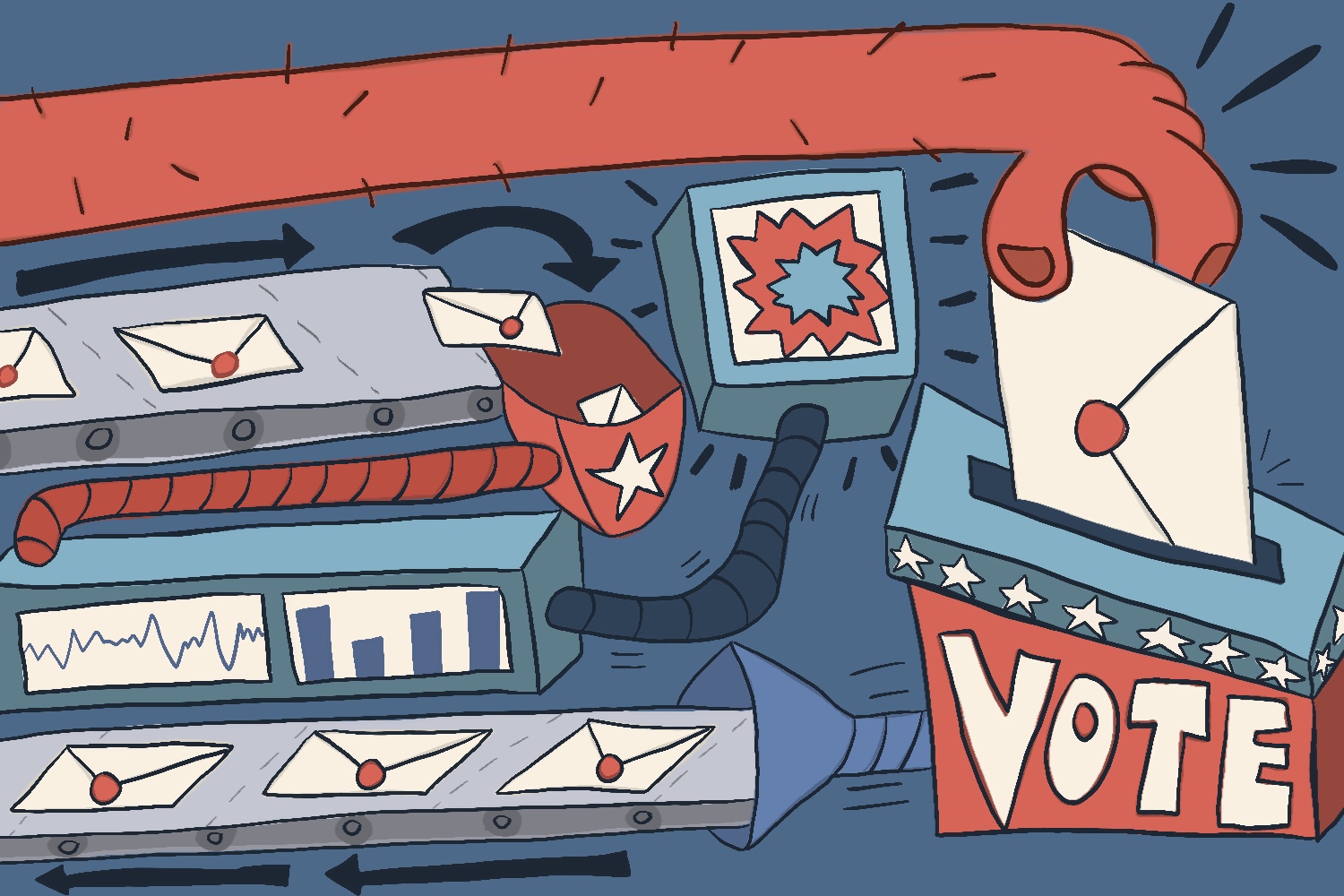Scour your memory and think back to an older decade. It was December 2009 and President Barack Obama – in a beautiful little nugget of irony – was accepting the Nobel Peace Prize shortly after escalating the war in Afghanistan. Yes, it was a simpler time. Anyway, in his uncomfortable position, Obama tried to give an acceptance speech that struck a balance between reality and the spirit of the award. For the more committed anti-war types, it was an unfortunate and explicit endorsement of a more hawkish foreign policy. Even more disturbing, I think, were the responses of a few notable conservatives to a particular part of the speech. Their views were extremely pessimistic – and’ hopefully no one actually thinks like them. The passage in question was Obama’s advice that, ‘We must begin by acknowledging the hard truth: We will not eradicate violent conflict in our lifetimes.’ Harmless enough it would seem – it’s even got a decidedly conservative bend. But the loveable ex-rep to the United Nations, John Bolton, had some qualms. ‘He says we have to acknowledge the hard truth that we will not eradicate violent conflict in our lifetimes. Well, no kidding. You know, homo sapiens are hardwired for violent conflict,’ Bolton said. ‘The whole notion you could even think about eliminating it, not just in our lifetime but soon thereafter, I think reveals a fundamental misunderstanding of human nature.’ As for being hardwired for violent conflict, well, Bolton can speak for himself. Columnist George Will also took issue pejoratively calling the same phrase ‘delayed utopianism.’ It’s disturbing to hear conservatives talk this way. For years we’ve heard that war can be a prerequisite for peace. Now it turns out that peace isn’t actually in the agenda. And while I hate to disagree with their daringly cynical opinions, Bolton and Will’s views are not just harmful – they’re wrong. It’s important that people know and don’t buy in to the inevitable-war thesis. First of all, think of Europe. Anyone with a little background in European history knows they were a pretty warlike bunch. When you’ve had something called the Hundred Years’ War and you’re rounding down, well then you know you’ve got a problem. But that’s what’s miraculous: after years of being at each other’s throats, Western Europe has reached a point where war is not only unlikely, it’s inconceivable.’ Economic integration and the broad acceptance of liberal-democracy have worked wonders there. It’s hardly utopian to think the same can work elsewhere. Strangely, even Obama, in the same speech, was unduly pessimistic. He spoke of rising sectarian violence and painted a pretty grim picture of the 21st century. Here’s the problem: according to the Human Security Brief, the number of intrastate conflicts – civil wars, sectarian conflicts, etc. – has actually fallen in recent years. As for interstate wars – this past decade saw the fewest since World War II. Maybe even more importantly, the number of battle deaths in both types has plummeted in the past few years. I suspect Bolton and Will’s less-than-chipper personalities account for their unnecessary pessimism. Still, there’s something legitimately dangerous about their outlook. Typically, we don’t attempt what we believe is impossible. People who believe that ending war is impossible generally don’t try hard to do it. Their cynicism reminds me of Samuel Huntington – the late Harvard political scientist who wrote the landmark book ‘Clash of Civilizations’ and tried to deflate post-Cold War optimism. Some of his work looks remarkably foresighted. Other parts, less so. To illustrate the Huntington future, he proposed a hypothetical situation for the year – you guessed it – 2010. He laid out a scenario where the U.S. gets into a violent skirmish with the now fanatically nationalistic Chinese. Then, the conflict spreads across the entire Eurasian landmass and the world caves in under renewed cultural differences. ‘ Sounds like the Mayan Calendar 2.0, huh? Well I wouldn’t wait for it. Fifteen years after he released his book, World War III still seems incredibly unlikely. In fact it’s just about as dlikely as the Mayan-predicted apocalypse. For whatever reason, Bolton and Will cling to their pessimistic, angry-cavemen predictions. But ‘utopian’ or not, the chances for peace are not slim at all and, as long as people realize that, it’s possible.’












